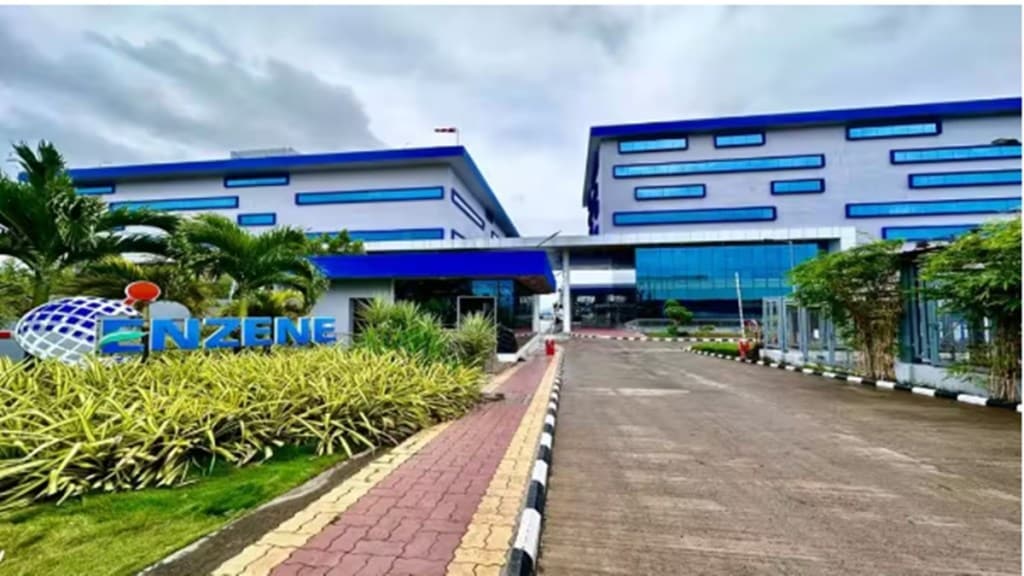Biopharmaceutical company, Enzene Biosciences, a subsidiary of Alkem Labs, is planning to launch its seventh biosimilar, Ranibizumab in the country soon.
Ranibizumab is a biosimilar of Lucentis and is indicated for the treatment of patients with neovascular (wet) age-related macular degeneration edema following retina vein occlusion and diabetic macular edema. Lucentis is a humanized monoclonal antibody fragment and recombinant humanized lgG1 isotype designed to bind and inhibit vascular endothelial growth factors.
Himanshu Gadgil, CEO, Enzene said the company will have two biosimilars in the pipeline for launch every year. With multiple drugs going off the patent list from 2026-28, the company has started working on the biosimilars for these drugs, Gadgil said. Unlike the rest of the industry which is focused on the US market, Enzene has focused on bringing these drugs to the Indian market first and then going to the US market. Enzene has patented the continuous manufacturing technology that enables them to make these biosimilars at lower cost and at an accelerated pace, he said.
Enzene has already launched six biosimilars — Teriparatide for osteoporosis, Denosumab to treat postmenopausal osteoporosis and giant cell tumours of bone, Romiplostim for immune thrombocytopenic purpura, Adalimumab for rheumatoid arthritis. The company recently launched Bevacizumab a biosimilar of Avastin in a recombinant humanized monoclonal lgG1 antibody. Avastin is used for the treatment of metastatic colorectal cancer, non-squamous non-small cell lung cancer and glioblastoma. Cetuximab is a biosimilar of Erbitux and is indicated for the treatment of head and neck cancer and colorectal cancer.
The company has also started work on Pertuzumab, a biosimilar for Perjeta for breast cancer. It is used in combination with trastuzumab and chemotherapy for early-stage breast cancer and is in the pre-clinical stage. Tocilizumab for rheumatoid arthritis is in the pipeline.
Apart from its own product portfolio, Enzene is also working with US companies on 31 projects offering CDMO (contract development and manufacturing organisation) services from its India facilities.
Enzene has a patented connected continuous biologics manufacturing facility to monoclonal antibodies (mAb) in Pune. The plant has a significantly smaller footprint than the conventional manufacturing facilities and has lower manufacturing costs with higher production capabilities. This enables them to launch affordable biosimilars in the Indian market, Gadgil said.
Enzene has just expanded its R&D capability with a new facility at Chakan with an open lab set-up to promote cross-departmental collaboration and knowledge sharing. The facility offers fully integrated services including cell line engineering, drug product development, purification process development, advanced analytical technology and bioanalytical assay.
According to ICRA patent expirations in the US are expected to be nearly US $ 115-125 billion between CY2023 and CY2026. Of this, biosimilars will comprise around US $ 35-40 billion. “This is expected to boost the growth for Indian pharma companies over the next few years. Moreover, increasing per capita wallet share of speciality drugs and industry players’ focus on the same is expected to augur well going forward for Indian pharma companies,” ICRA said.
Enzene has raised PE funds from Eight Roads Ventures and F-Prime Capital and could go for another round of funding before going for an IPO Gadgil said. The company is investing $ 50 million in setting up a facility in the US that is expected to start in 2024.








